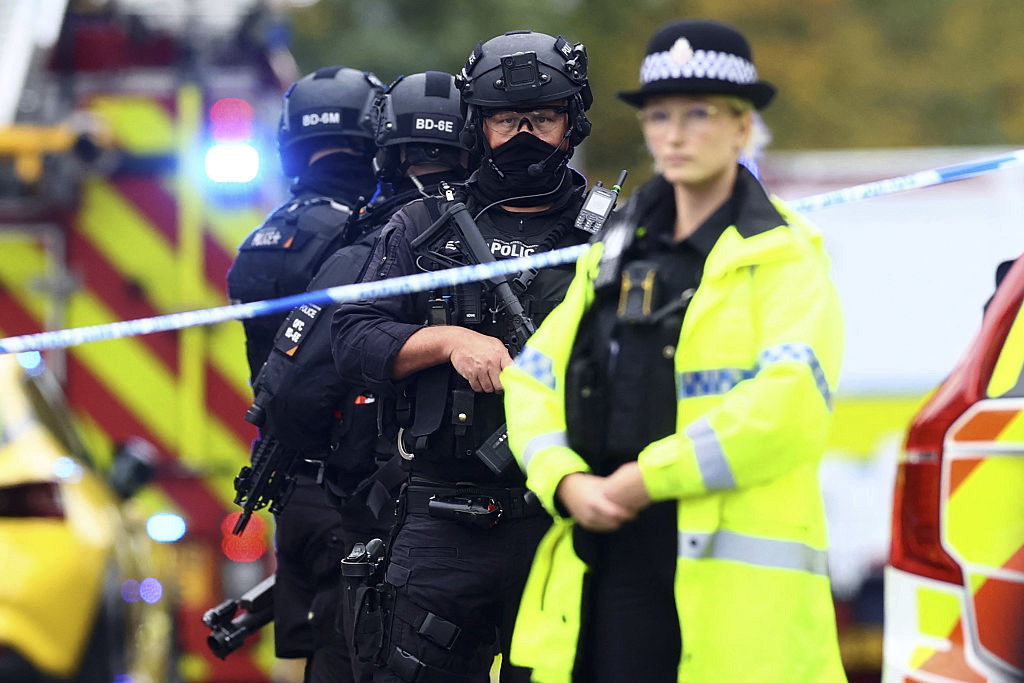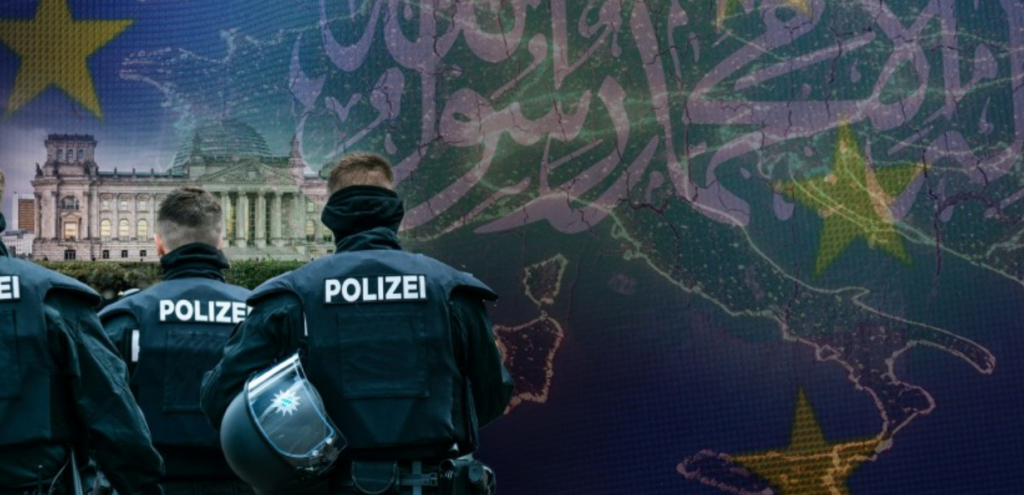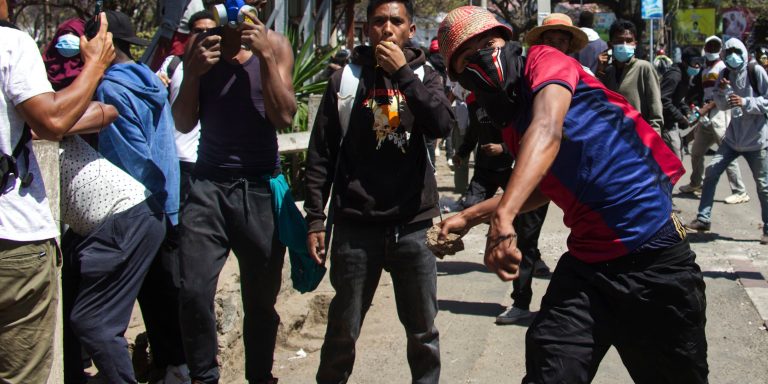Reflectii
Muslim Migrants Fuelling the Rise in Anti-Semitic Attacks

Elon Musk’s blunt warning that “violence is coming” to the UK because of its failed immigration policy dating back decades has turned out to be chillingly prophetic. Within just weeks of the tech entrepreneur issuing his dire warning, two Jewish worshippers were killed and three others wounded in a terrorist attack on a synagogue in Manchester, carried out by a Muslim jihadi.
German media bias falsely inflates crime by foreigners

“We are charting something like the fever curve of society,” journalism professor Thomas Hestermann said of his new study, “Crime and Migration: Perception in German Media,”
which examined how the nationality and ethnicity of crime suspects has been reported since 2007.
Hestermann’s team at the Macromedia University of Applied Sciences in Hamburg compiled their 2025 findings for the Berlin-based Mediendienst Integration, a research service for journalists that focuses on migration, integration and asylum. The results, published on Friday, are alarming: “Foreign suspects are mentioned about three times more often than their share in police statistics.”
Immigration has not raised German crime rate

Immigrants or refugees do not have a higher tendency to commit crime and there is no correlation between the proportion of immigrants in a given district and the local crime rate, according to a new analysis of the latest German crime statistics carried out by the renowned ifo institute.
«L’islamisme instaure une contre-culture patiente et méthodique en Europe!»
Selon l’essayiste et ancien agent du Service action de la DGSE, Français et Britanniques cèdent le terrain aux islamistes. Seule une riposte ferme, structurée et spirituelle, résolue à combattre l’islamisme visible et à maitriser strictement l’immigration, peut éviter un basculement sociétal tragique. Réaffirmer un projet national enraciné dans les valeurs judéo-chrétiennes et républicaines est une nécessité, selon lui.
The Future of the Illicit Captagon Drug Trade

Abstract: The fall of Bashar al-Assad in Syria in December 2024 may have disrupted large-scale production of the illicit drug captagon, but the trade has, by no means, disappeared from the black market. Instead, a new, post-Assad Syria marks a shift in this illicit trade, from state monopoly over production and trafficking to non-state entrepreneurialism in the captagon trade. The remnants of the captagon trade now lie in the hands of warlords, tribes, prominent families, armed militias, and terrorist organizations seeking to engage in captagon production and trafficking as a lucrative alternative revenue stream. With the Assad regime no longer holding a monopoly over the supply of captagon, new non-state actors are seeking to fill a vacuum both inside and outside of Syria, moving production and trafficking sites to new contested areas. The result is not an eradicated captagon trade, but a more complicated, challenging landscape for regional governments.
Qui commande (réellement) en Europe?

Qui commande en Europe ? En Allemagne, BlackRock détient des participations, directement ou par l’intermédiaire de fonds qu’il possède, comprises entre 3% et 10% dans Commerzbank, Deutsche Bank, Continental, Adidas, Bayer, Lufthansa, Sofran, Daimler, AG, Basf, Allianz, Siemens, Thyssen Krupp, Münchener Re, Rheinmetall, Hensholdt. À cet ensemble de participations s’ajoute une longue liste d’actions détenues, en dessous du seuil de 3%, dans de très nombreuses autres sociétés allemandes, notamment dans le secteur du crédit et des assurances.
Dar-ul-Uloom Deoband Seminary Of India Accords Hero’s Welcome To Afghan Taliban Foreign Minister Amir Khan Muttaqi As India Courts The Taliban And Upgrades Embassy

On October 11, 2025, Afghan Taliban’s Foreign Minister Amir Khan Muttaqi was given a grand reception by the students and teachers of Dar-ul-Uloom Deoband in the town of Deoband, about 180 kilometers from New Delhi. Dar-ul-Uloom Deoband is the largest Islamic seminary in the world after Cairo’s Al-Azhar University and is considered the spiritual fountainhead of the extreme religious teachings espoused by the Taliban rulers of Afghanistan.[1] Muttaqi arrived in New Delhi for a six-day visit on October 9-15, which is seen as reviving India’s presence in Afghanistan.
The Far Right: How Right-Wing Populist Politics Threatens the EU Economy

It’s generally accepted that right-wing politicians in power are a boon to economic growth, since, unlike leftists, they favor business freedom, strong competition, and reasonably low taxes. In the current context of a pan-European economic downturn, moderate right-wing governments are forced to implement unpopular reforms, as in Italy and Greece. But the downturn in Europe is also leading to growing support for far-right populists with completely different policies that run counter to the traditional tenets of the economic right: fighting migrants, rejecting integration, tariff wars, etc. Implementing this program threatens European countries with growing budget deficits, acute labor shortages, and new debt crises.
Generation Z Protests Sweeping the Globe, Motivated by Rising Inequality

Protests continued in Madagascar for a third week in a row, led by Generation Z—people born between the mid-1990s and early 2010s—inspired by protests and demonstrations elsewhere throughout the Global South, including in Nepal and Kenya, which are also plagued by political instability and economic fragility.
